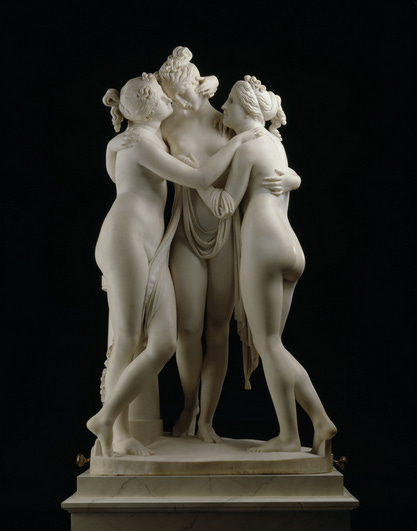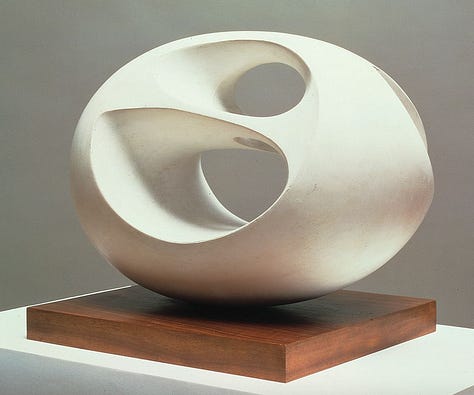Disposition, Demarcation and Separation
That old bugbear, Art VS Science, could be a demarcation (a helpful way to acknowledge difference) but is often a separation (used unhelpfully for invidious comparison). We’re creative, you are mechanistic. We’re grounded in evidence and experience, productive, you’re flaky, muddled, don’t produce anything useful.
OK that exaggerates. I enjoy art and creative writing and music, and also think of myself as a scientist, even though I have never been employed as one! (My first degree is in Applied Mathematics and then I studied History of Physics, and in the 80s, I taught school physics and general science.) I became psychologically aware, (psychodynamic counselling, social justice, the psycho-social in group dynamics, the other therapies such as Art, a living world everywhere). And not-knowing, and uncertainty, just as in history of science, became a way to be in the world.
With some companions, I hear the subtext "but science is problematic even though we use its products", "OK, it’s logical, ordered, factual" but misses the quality art has. Well of course it does, it has its own quality! Somehow non-scientists (some or many?) seem to think science is lesser than the many creative and artistic activities that enliven our spirits. There also seem to be some scientists, organised and technically minded, for whom the ‘arts’ are a sideline, for leisure, valuable, but maybe also lesser in some regard, not practical, even not necessary. Is this separation problem a fallacy that arises from comparison of activities or qualities that should be demarcated (differences acknowledged and valued) not compared at all?
In a long post elsewhere I have written of happenings. By using this ordinary word I mean experiences that happen to happen, with a hook of some sort that makes a deeper than usual connection with ‘not-me’ in the outside world, the world that isn't mine, unsought, unexpected, then embodied in being for that time when it happens, aware that traces will be left thereafter. Recently I went on a Block Walk, a lovely way of joining with others and doing a bit of thinking/ communicating/ sharing at the same time. We were given a topic: reciprocity and that is something probably very much associated with my idea of happenings, and the disposition that lets a happening happen.
The Water of Leith, photo taken with iphone on the Block Walk.
This week I went swimming, and after my few lengths sat in the sauna, which had several people already present, although sufficient room for all of us. However, I wriggled where I sat on the bench, and a very tall younger man alongside smiled and asked if I wanted more space. I smiled a thank-you, but no, I wish I had legs the length of yours, mine are so short the benches just don't fit, I have to swing my legs. And I did so again, showing how my feet can't reach the floor (I am only five feet tall). Everyone smiled, and the long-legged young man grinned and lifted his knees in comedic sympathy. Later he and I chanced to be leaving at the same time, and beside the hair dryer shelf we fell into a ten minute conversation, about the joy of swimming, the differences in people, the problems of institutionalisation. It was quite deep. A happening.
Keeping the idea of 'happening' in mind, think of other everyday occurrences: actions. Imagine cooking, caring, playing tennis or football, gardening, anything. The activity can be done with a recipe, like an automaton with a blueprint, it might be an habitual activity, like brushing teeth, done by rote, thinking of something else in the day to come or the night just gone. OR, any activity can be done with disposition of attention to the physicality, the feel of the butter and the flour, meeting the eyes and caressing the body of the baby while the nappy is changed, the thwack of a ball in arms and feet, the smell of the soil, the taste of the toothpaste, fully sensing, often emotion may be present, sometimes reasoning is necessary, sometimes it lies dormant.
Much of this mode of attention is unthought, but known, internally, with emotionality and thought as well as physicality. Whatever we bring to a happening, be it love or impatience or sense of achievement, each one of us knows the difference between recipe functioning and whole meeting. It is my experience that paying attention to that difference brings more depth to happenings, more opportunity for them to emerge now and again. It is as if the attention allows hooks to grow, and fellow folk become willing to join with their hooks. Happenings are never planned. Indeed the planning kind of approach to the world seems to block their emergence. There is no way of knowing if a happening will come, nor can one plan what it will contain, but I believe that we can nurture an attitude or disposition towards the world that may unconsciously offer openness and then it meets the openness beyond. In ordinary language, "being friendly", "noticing", "listening" "gratitude and appreciation" etc. might describe the disposition, or the characteristics might be present, but not quite in the open disposition that brings happening.
Ordinary activities like those listed above are not trivial. Activities bring experience of body, mind and heart, together. Or not. Those who engage in arts and sciences can be acting with difference in disposition just as much as when engaged in any other activity. There is a disposition to the emergence of what comes next, or a disposition more preoccupied with patterns of the past, touched by the recipe tried before, or even imprinted, following the blueprint already absorbed.
Much that is written about creativity speaks of emergence using words like ‘flow’ or ‘co-evolving’ or ‘discovery’, for example, or even ‘revelation’. Clearly it is not about mechanistic rational rule following. Logic and rationality have a strong role in science occurring after the emergence, following the techniques of the particular scientific discipline; arts practitioners also know the disciplinary techniques that brings development after the creative imagining. A musician has spent many hours in the practice of scales. In every activity knowledge of techniques and their practice exist alongside the disposition that allows the practitioner to be the vessel through which the magic of the creation can arrive.
What of demarcation, or separation, the ways in which difference is important to us? Is creativity just tapping in to some mystical ineffable wholeness, ignoring more usual classifications? I am sure it is not, as to begin with it is not about ‘tapping in’. It is more about paying attention to what comes, what is there already, being present to what is sensed. For example, sculptors would say they do not decide what to do with the stone, though they might have thoughts in mind, David, or The Graces, or an Oval, then the nature of the stone, allied to skill in look, feel and touch, allows the sculpture to become.



These topics need another post. For now, to own how important DISPOSITION is in our ways of being, I hold the ideas of happening, and reciprocity, then emergence might follow. Or, has it already happened??
And always… being ordinary, connected, not special.






Extraordinary articulation, Elspeth! You are such a pleasure to read 💕